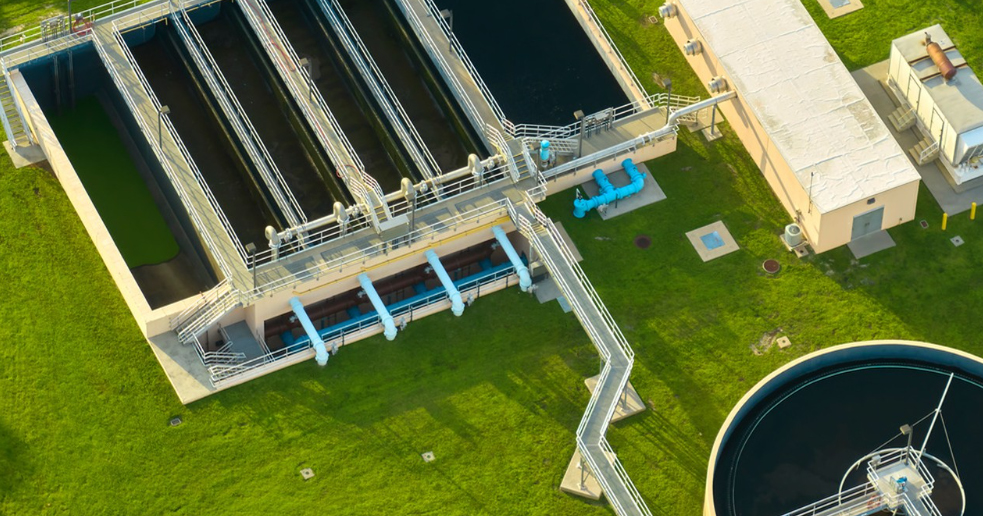
The principles of scale inhibitors used in power plants mainly include chelation, dispersion, and inhibition of crystal growth.The scale inhibitor combines with calcium, magnesium and other ions in the water to form stable complexes or chelates, increasing the solubility of these ions in water, thereby preventing them from precipitating and forming scale. In addition, the scale inhibitor can also adsorb on the surface of colloidal particles, keeping these particles in a dispersed state through charge or physical effects, preventing them from aggregating into larger particles and eventually depositing to form scale. The scale inhibitor can also interfere with the normal arrangement of crystallization particles, leading to the formation of irregular lattice structures of crystals. This distorted crystal structure makes the deposited scale loose and easy to be washed out of the system by the water flow.
The main functions of scale inhibitors used in power plants include preventing or reducing the formation of scale, improving the heat exchange efficiency, extending the service life of equipment, reducing the maintenance cost, and minimizing environmental pollution. Specifically:
Preventing or reducing the formation of scale: Scale inhibitors change the crystallization process of minerals in water, making the formed crystals less likely to adhere to the surface of pipelines, thus achieving the goal of scale prevention. Common types of scale inhibitors include phosphates, polycarboxylic acids, and organophosphonates, etc.
Improving heat exchange efficiency: Scale inhibitors can disperse the poorly soluble inorganic salts in water, preventing these inorganic salts from precipitating and scaling on the surface of metal, thus maintaining the good heat transfer effect of metal equipment and improving the heat exchange efficiency.
Extending the service life of equipment: The use of scale inhibitors can reduce the damage to equipment caused by the accumulation of scale, thereby extending the service life of the equipment. For example, after a large-scale gas-fired power plant adopted a phosphorus-free corrosion and scale inhibitor, the corrosion rate of its circulating water system decreased by 80%, achieving both environmental protection and economic benefits simultaneously.
Reducing maintenance costs: By reducing the formation of scale and the corrosion of equipment, scale inhibitors can significantly reduce maintenance costs and minimize the downtime caused by scale.
Reducing environmental pollution: The use of environmentally friendly scale inhibitors can reduce the impact of industrial emissions on the environment. For instance, phosphorus-free corrosion and scale inhibitors are widely recommended due to their environmental protection characteristics.
Specific application examples: Scale inhibitors are widely used in the boiler systems and cooling systems of power plants. For example, the HEDP scale inhibitor can effectively prevent the formation of scale on the inner wall of the boiler, ensure the cooling effect, and guarantee the normal power generation operation of the power plant.












